Although the EU has abandoned its controversial plan to cut pesticides, Vietnamese agricultural products exported to this market must still ensure they meet standards.
EU abandons controversial plan to cut pesticides
In a quick update to the reporter of the Industry and Trade Newspaper, Ms. Nguyen Thi Hoang Thuy - Director, Head of the Vietnam Trade Office in Sweden, concurrently in charge of the Northern European market, said that the European Union (EU) has recently officially abandoned the controversial plan to reduce pesticides, as confirmed by Agriculture Commissioner Christophe Hansen. This marks an important change in the bloc's agricultural strategy, as well as an adjustment in policy under the European Green Deal.
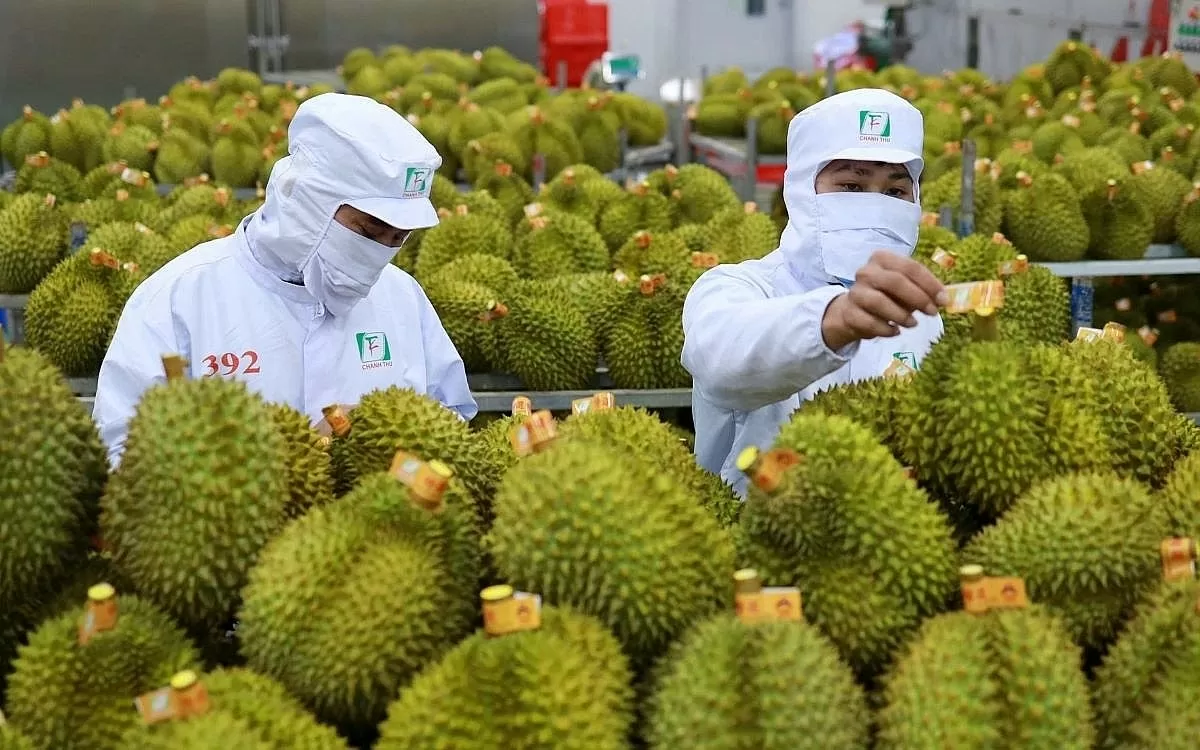 |
| The EU is one of the largest markets for Vietnamese agricultural products (Photo: VGP) |
The EU’s previously ambitious target of reducing pesticide use by 50% by 2030 was a cornerstone of the EU’s sustainable agriculture policy, but the plan was scrapped indefinitely after much controversy and strong opposition from farmers and right-wing parties.
In an interview with Euronews, Mr. Christophe Hansen - EU Commissioner for Agriculture and Food affirmed: "We have not made any progress. This issue is no longer on the agenda of the European Commission."
The Sustainable Use of Pesticides Regulation (SUR) plan, proposed in June 2022, would have set out strict restrictions, including a complete ban on pesticides in sensitive areas such as urban parks and Natura 2000 reserves. However, the plan was met with fierce opposition from farmers, leading to its withdrawal in 2023.
European Commission President Ursula von der Leyen had promised a “more mature” proposal, but this was postponed until after the European Parliament elections in June 2024. Now, Christophe Hansen has confirmed that future initiatives will focus on trade and technological innovation, rather than imposing mandatory pesticide reduction targets.
Ms. Nguyen Thi Hoang Thuy added that Mr. Christophe Hansen emphasized that the EU will prioritize improving trade standards and ensuring that imported food complies with the bloc's pesticide regulations. One of the important initiatives is the Biotech Act, which aims to accelerate the development of safer alternatives to traditional pesticides.
“We need to work harder to develop solutions that do not harm the environment and human health,” Christophe Hansen stressed.
In 2024, the EU is expected to propose measures to speed up the approval process for biopesticides as part of a plan to simplify regulation. This is one of the few elements of the initial pesticide policy that has received broad consensus.
The change in strategy reflects the EU's new vision for agriculture and food, which places a focus on attracting young people into the agricultural sector rather than focusing solely on restrictive environmental measures.
Opportunities and challenges for Vietnamese agricultural export enterprises
For Vietnamese enterprises exporting to the EU, Ms. Nguyen Thi Hoang Thuy emphasized that the EU's abandonment of the pesticide reduction plan could help Vietnamese agricultural exporters reduce the pressure of meeting strict environmental standards. However, the EU is a market with high quality requirements and the EU will still tighten import standards, especially regarding pesticide residues.
Ms. Nguyen Thi Hoang Thuy informed specifically that for other standards, the EU requires imported agricultural products to meet strict pesticide residue limits (MRL). Some chemicals that are not allowed to be used in the EU will be completely banned on imported products.
Regarding Phytosanitary Certificate, according to EU regulations, most fresh agricultural products imported into the EU need a phytosanitary certificate. This certificate ensures that the product does not carry harmful organisms.
The EU also applies higher inspection rates to products with a high risk of chemical residues from certain countries. For example, 50% for peppers from the Dominican Republic; 30% for oranges and peppers from Egypt; 10% for beans and 20% for peppers from Kenya.
Regarding honey, Ms. Nguyen Thi Hoang Thuy shared that the Nordic honey market, including countries such as Sweden, Denmark and Norway, is applying strict traceability regulations according to the EU Honey Directive (Directive 2024/1438). These changes aim to improve transparency, prevent honey adulteration and ensure product quality. This is both a challenge and a great opportunity for Vietnamese businesses wanting to access the Nordic market.
New traceability requirements in Northern Europe require honey to be clearly labelled with its country of origin. All honey blends must clearly indicate each country of origin on the main label. In addition, honey samples will be tested using advanced technology to ensure authenticity. The entire supply chain, from the hive to the final product, must be clearly documented. In particular, by 2028, the EU will apply a standardized analysis method for honey across the region.
Or, Information from Document No. 27/SPS-BNNVN dated February 12, 2025 of the Vietnam SPS Office (Ministry of Agriculture and Rural Development), many Vietnamese export products have not met the strict standards of the EU.
Specifically, since the beginning of 2025, the EU food and feed safety system has sent 12 consecutive warnings to Vietnamese food and agricultural and aquatic products exported to the market. These products have been handled in the form of warnings, recalls or even destruction due to not meeting strict regulations of the EU market.
One of the main reasons is that businesses have not registered to circulate products containing ingredients in the "new food" group according to EU regulations.
In addition, many businesses also make mistakes in declaring product ingredients. Typically, they mislabel ingredients that are likely to cause allergies. For example, frozen breaded shrimp did not declare an allergen (egg in the breading) and organic cashew flour did not mention peanuts, leading to these products being recalled.
Along with that, using illegal additives or exceeding the prescribed level.
In addition, there are violations of regulations on “mixed products”. Enterprises do not conduct veterinary quarantine or do not fully declare animal ingredients at the border gate.
The above information shows that Vietnamese agricultural products exported to the EU market still have to meet very high market requirements. “Therefore, Vietnamese enterprises need to continue to improve product quality, invest in clean farming technology and ensure compliance with new EU standards to maintain and expand market share in this region,” Ms. Nguyen Thi Hoang Thuy emphasized.
| In 2024, Vietnam's agricultural, forestry and fishery exports will reach a record turnover of 62.5 billion USD, an increase of 18.7% compared to 2023. Of which, the EU market accounts for 11.3%. |
Source: https://congthuong.vn/eu-tu-bo-muc-tieu-giam-thuoc-tru-sau-voi-nong-san-375121.html


![[Photo] Prime Minister Pham Minh Chinh receives CEO of Standard Chartered Group](https://vstatic.vietnam.vn/vietnam/resource/IMAGE/2025/4/2/125507ba412d4ebfb091fa7ddb936b3b)

![[Photo] Special relics at the Vietnam Military History Museum associated with the heroic April 30th](https://vstatic.vietnam.vn/vietnam/resource/IMAGE/2025/4/3/a49d65b17b804e398de42bc2caba8368)
![[Photo] Comrade Khamtay Siphandone - a leader who contributed to fostering Vietnam-Laos relations](https://vstatic.vietnam.vn/vietnam/resource/IMAGE/2025/4/3/3d83ed2d26e2426fabd41862661dfff2)
![[Photo] Prime Minister Pham Minh Chinh receives Deputy Prime Minister of the Republic of Belarus Anatoly Sivak](https://vstatic.vietnam.vn/vietnam/resource/IMAGE/2025/4/2/79cdb685820a45868602e2fa576977a0)

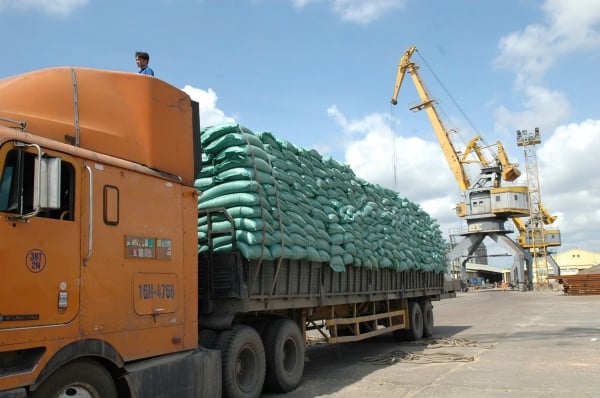

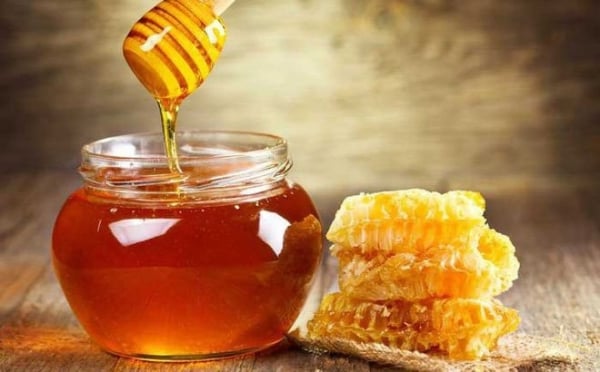

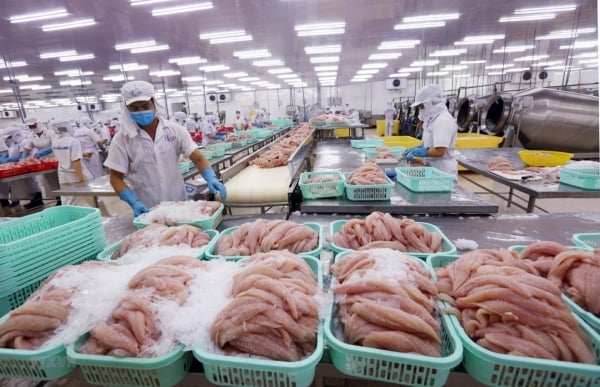
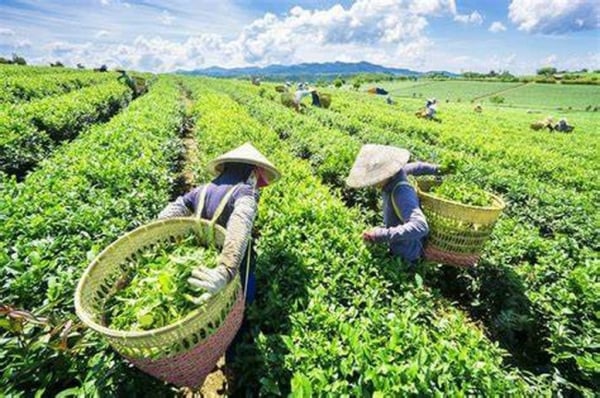
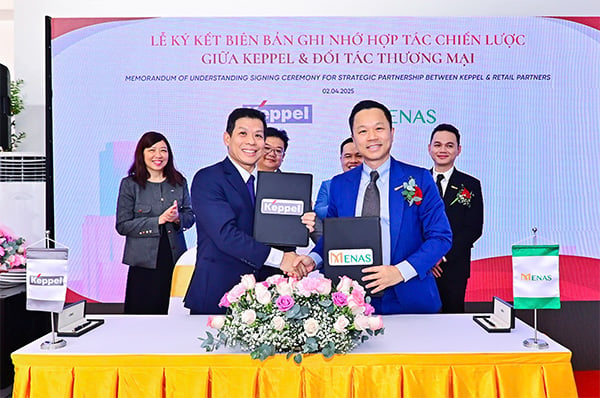




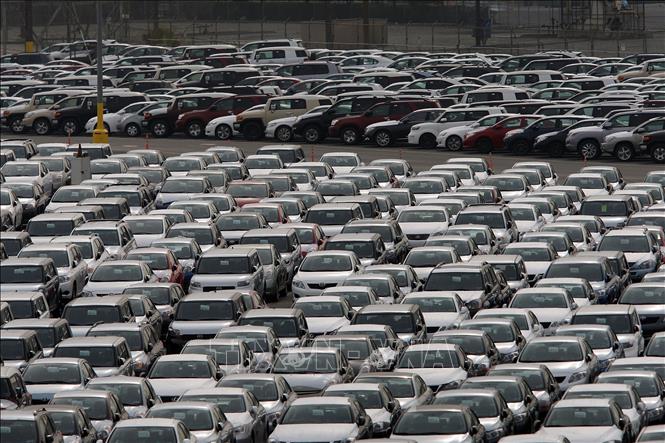




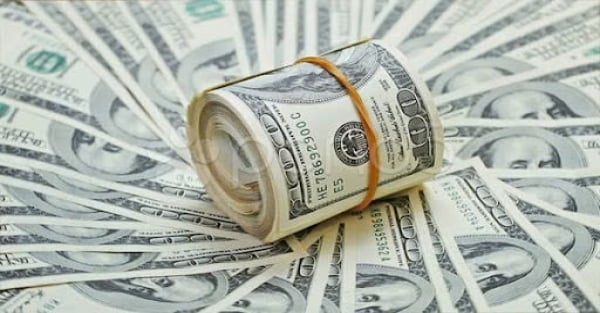
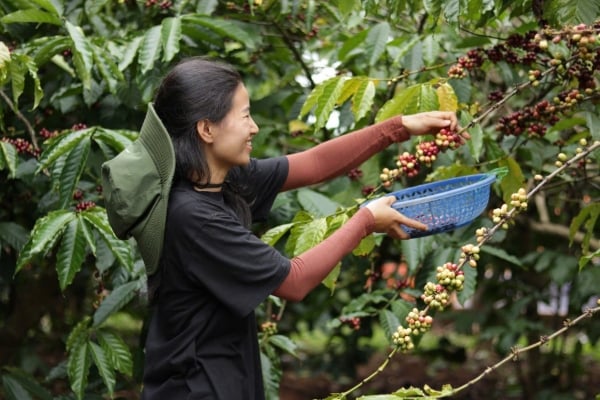
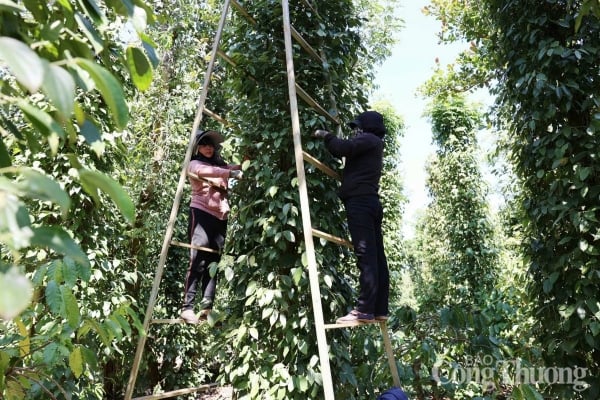
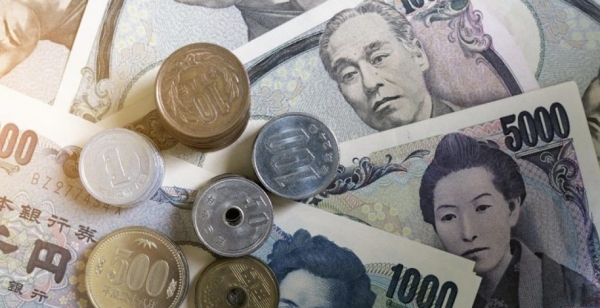
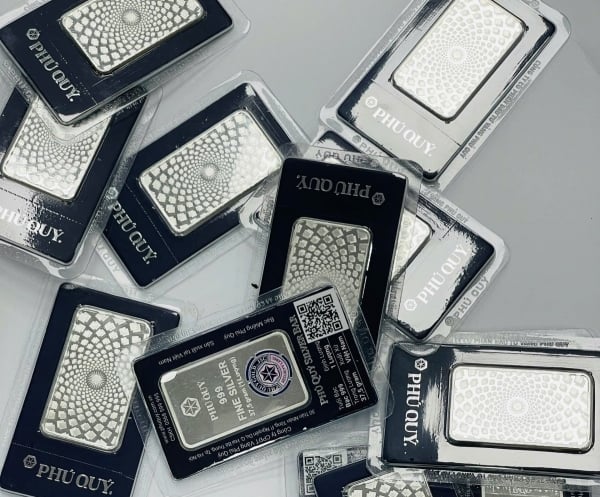
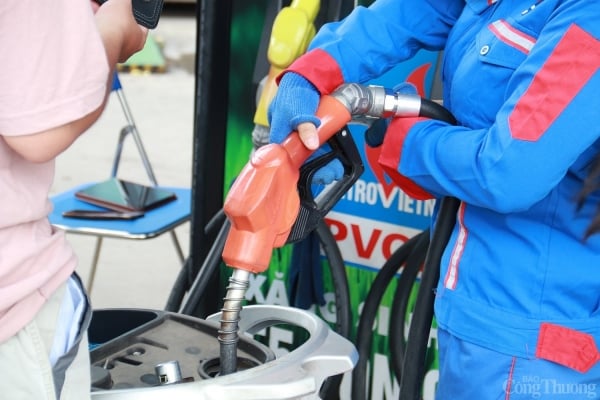






























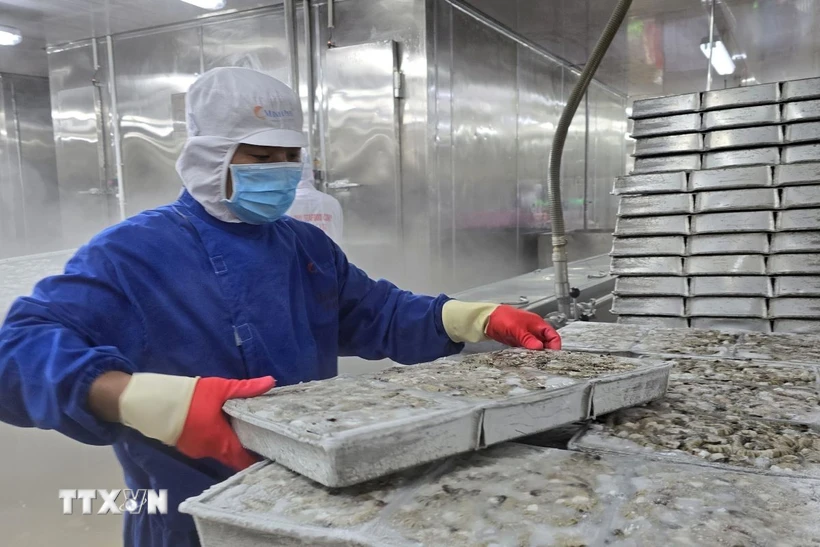

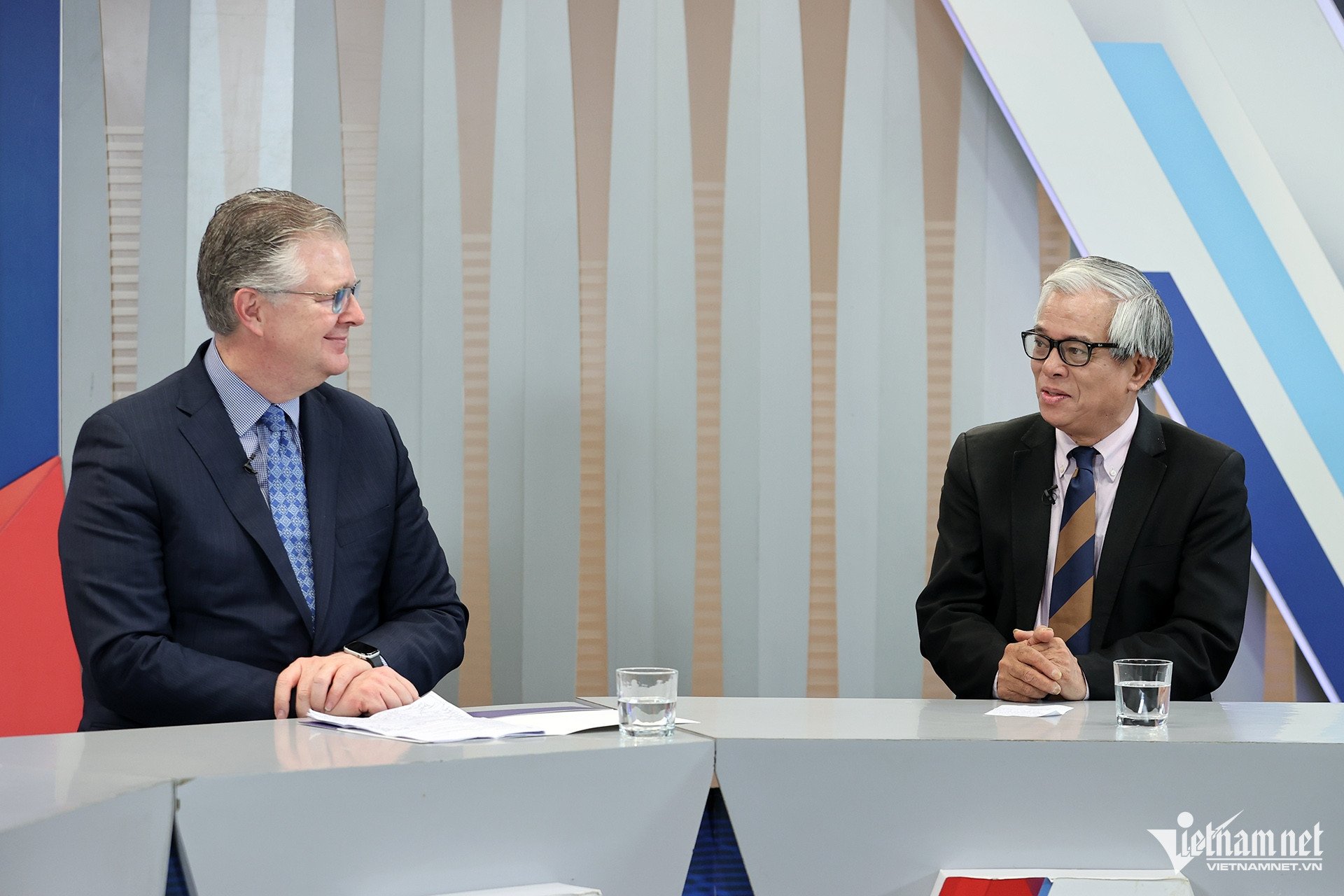
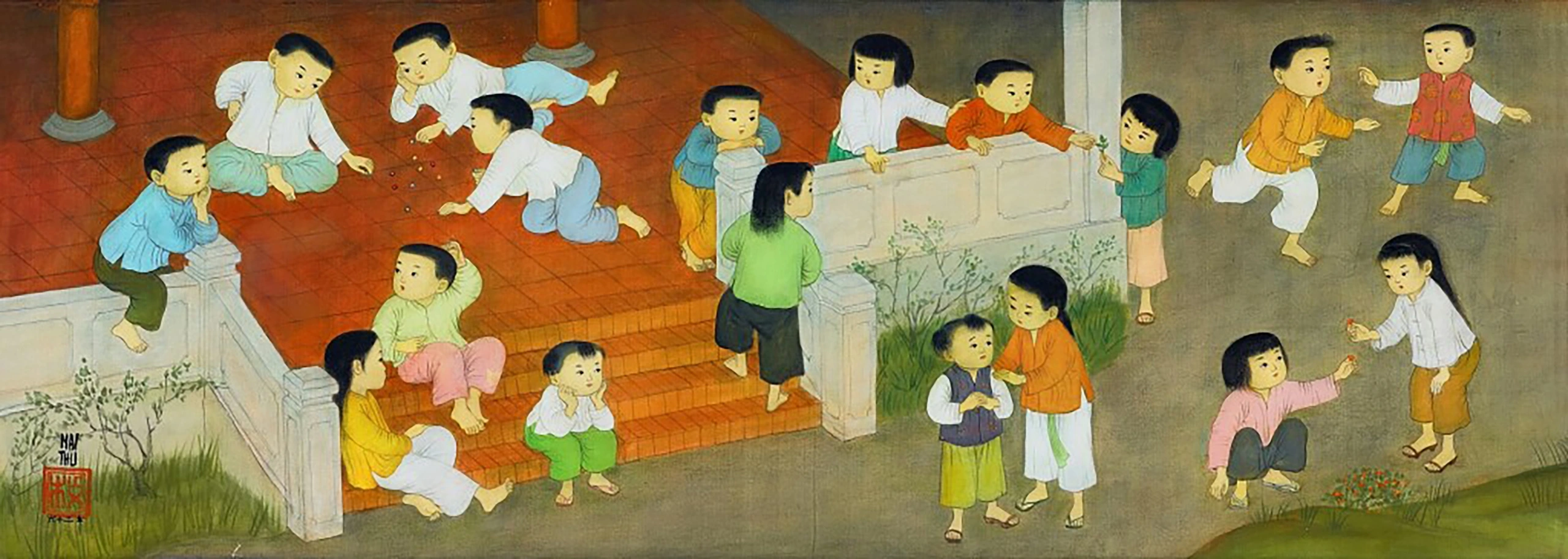



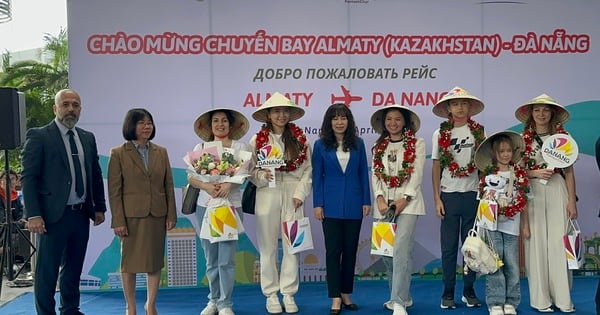








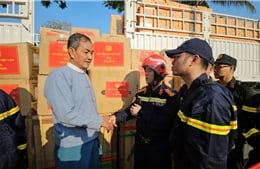


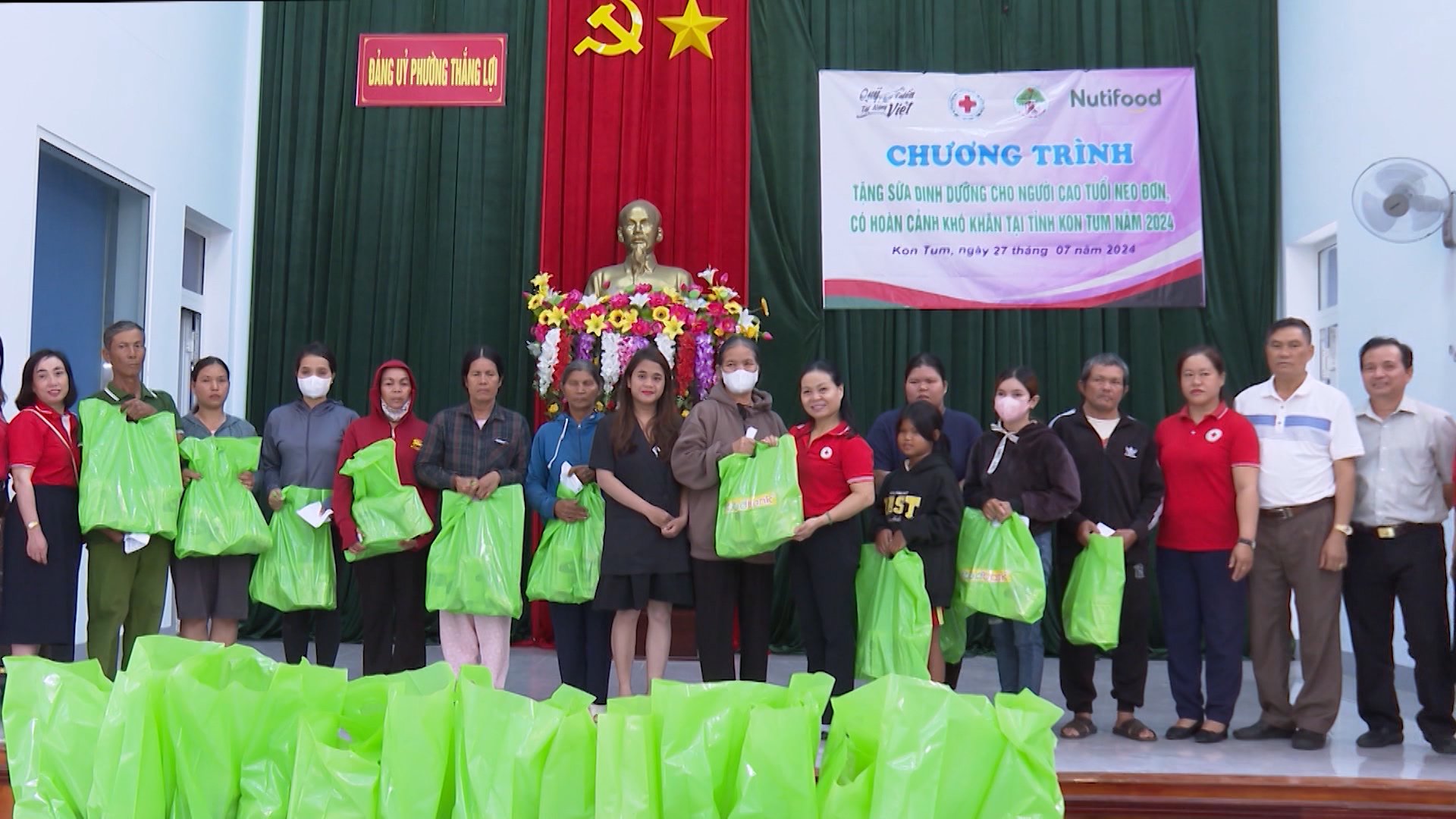

















Comment (0)